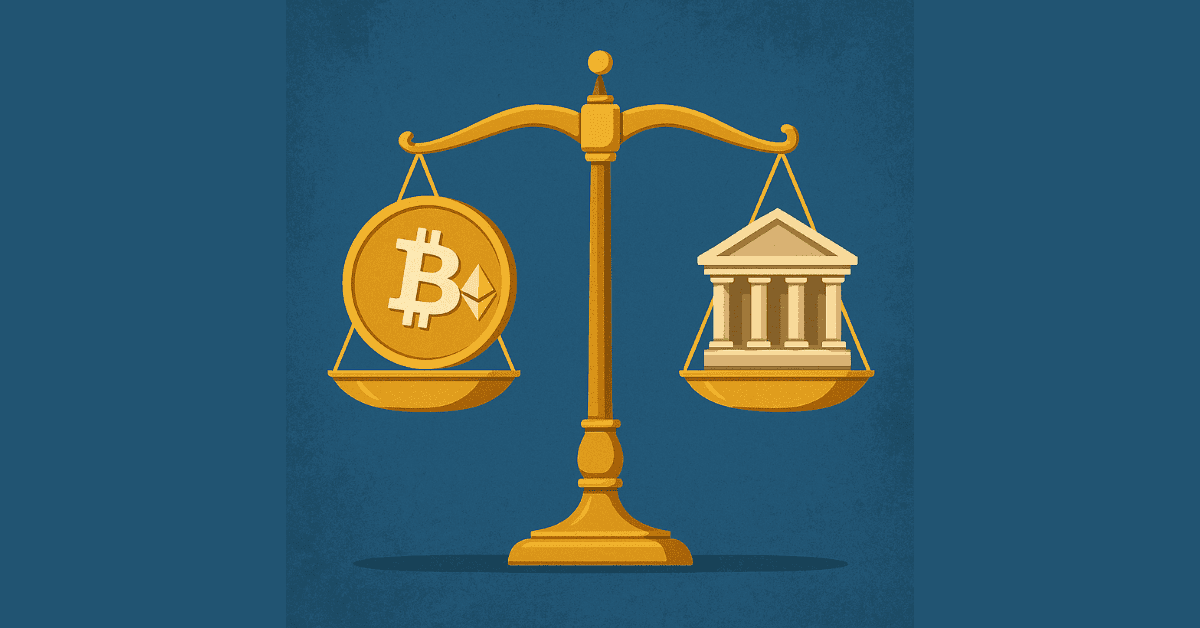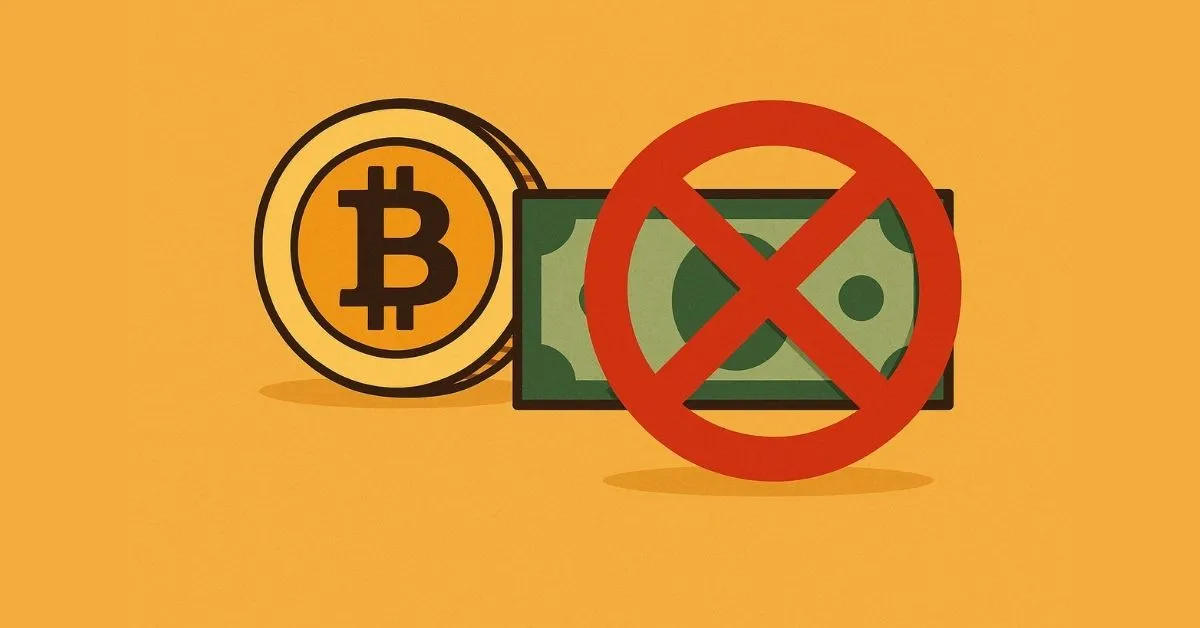
Do Vietnamese Banks Accept Crypto As Collateral?
New Legal Framework On Digital Assets In Vietnam
The Digital Technology Industry Law, passed by the National Assembly in June 2025 and effective from January 1, 2026, officially recognizes digital assets for the first time in Vietnam. This includes crypto (cryptocurrency), with a clear distinction between “virtual assets” and “crypto assets” based on encryption and blockchain technology. The law establishes a legal framework to regulate business conditions, cybersecurity, and anti-money laundering measures in line with international standards.
Crypto Has Been Legalized, But Not As A Payment Method

As of 2025, Vietnam has not recognized crypto as a legal means of payment. Using Bitcoin or other cryptocurrencies for transactions can still be penalized under current regulations. The recognition of crypto at this stage mainly means acknowledging it as a digital asset, not as a legal tender or a security.
Can Banks Accept Crypto As Collateral?
Currently, there are no specific regulations that allow banks to use crypto as collateral. The lack of a clear legal framework—ranging from valuation and custody to risk management—makes banks cautious. However, the new law is paving the way for pilot programs in fintech, exchanges, and digital wallets under a sandbox model, which could gradually create a more transparent and secure market.
Opportunities And Challenges From Legalizing Digital Assets
Vietnam ranks among the top countries in terms of crypto adoption, with an estimated 17–20 million holders and annual capital inflows of over USD 100 billion into the ecosystem. This provides a strong foundation for banks and fintech companies to potentially leverage digital assets as collateral once the legal framework is fully developed.
Still, challenges remain: the lack of a clear classification between payment tokens, securities, and utility tokens; no specific tax guidelines; and the requirement for users to transfer crypto into licensed domestic wallets and exchanges. These issues have sparked debates, as such measures could compromise the decentralized nature of crypto.
Disclaimer: The content above reflects the author’s personal views and does not represent any official position of Cobic News. The information provided is for informational purposes only and should not be considered as investment advice from Cobic News.